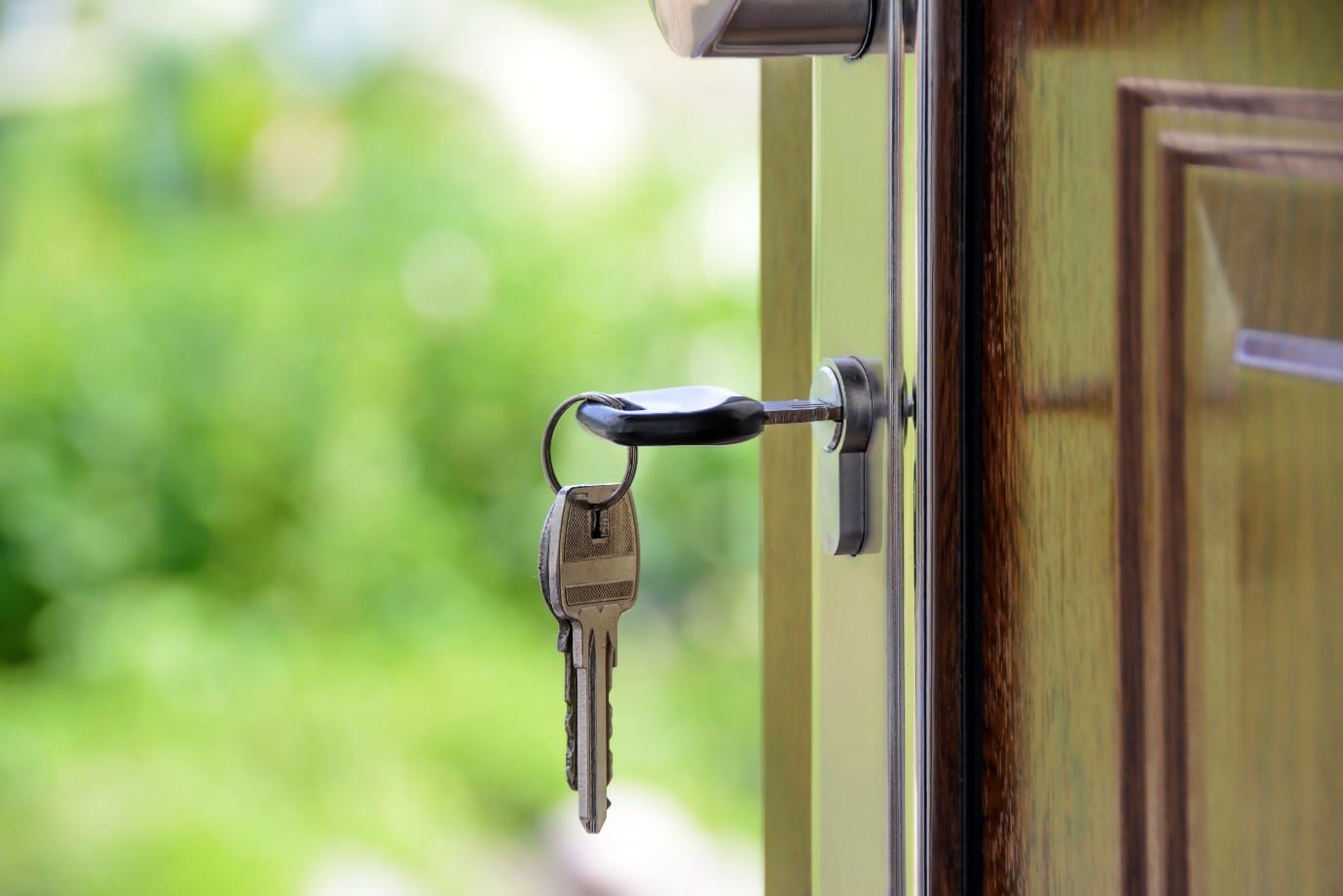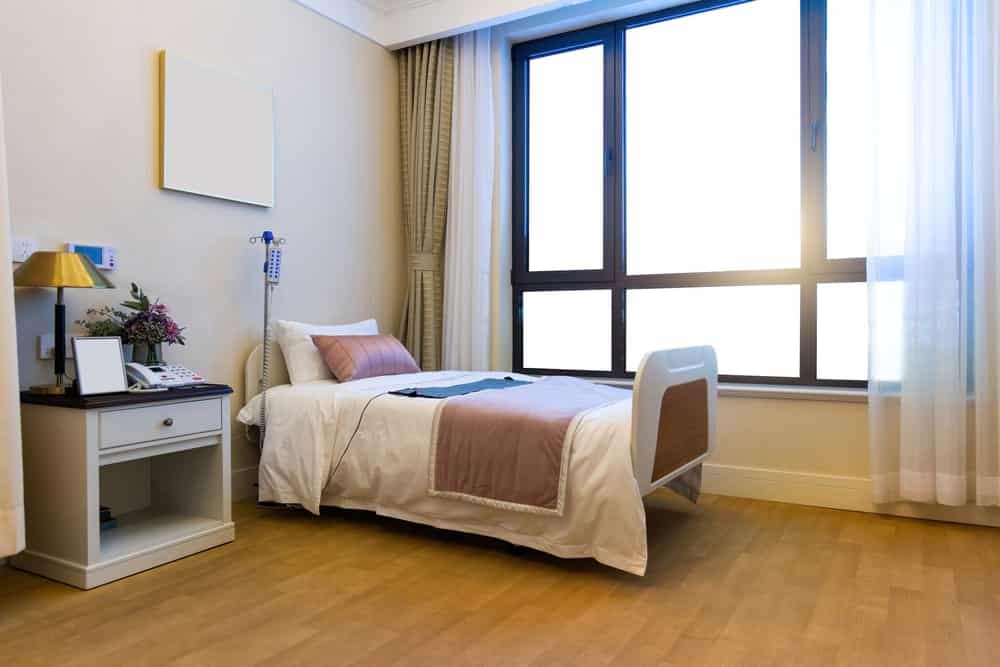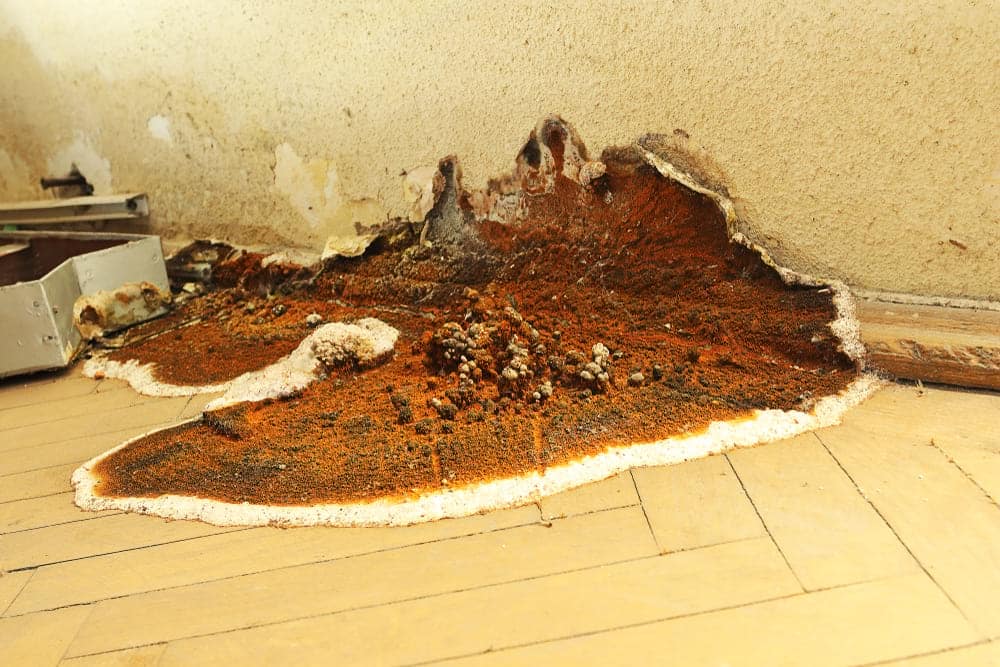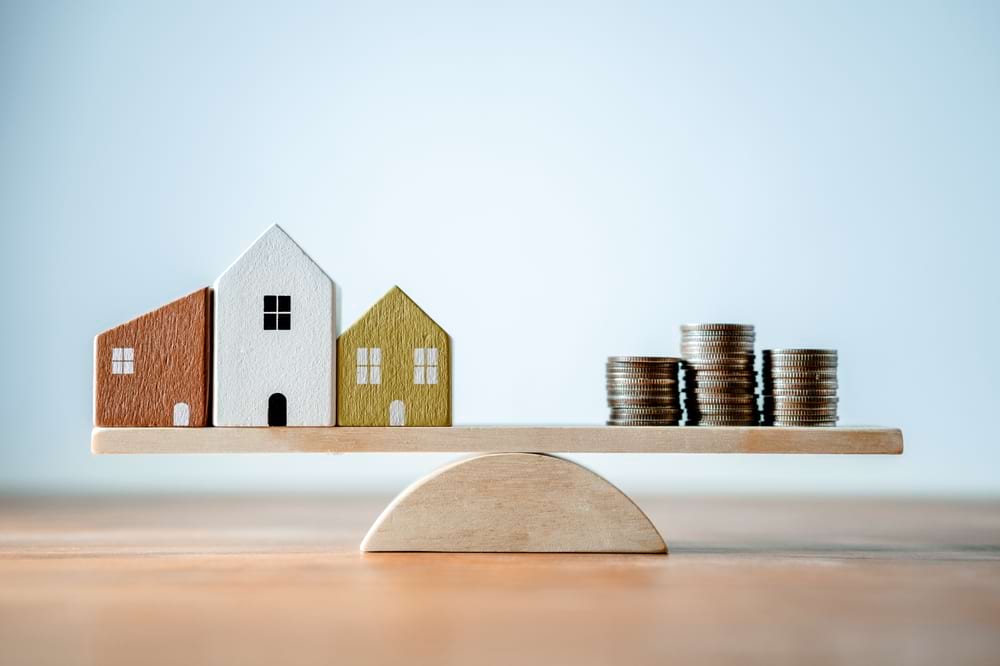Pricing is a critical part of selling a home.
It will impact both your finding of potential buyers and how you negotiate with them.
Let’s look closer at how to price your house to sell fast.
Why pricing matters
Pricing is an essential part of gaining viewers for a property in the first place.
It makes marketing the property much easier.
Most properties are competing for buyers’ attention. Pricing is often a deciding factor in a sale. And it reduces the time it takes for a sale to complete.
The longer its on the market, the less appealing it becomes to other potential buyers.
Asking price vs. selling price
Asking and selling prices for properties are different things. Asking prices are initially set high, often with the expectation of negotiation.
Selling prices are simply the final price that is paid. They usually – but not always – end up lower than asking prices.
The gap between the two types of price varies across regions.
Data on pricing for houses
A HomeOwners Alliance study found homes that sell in just 12 days are the most likely to achieve their maximum asking price (100.89%).
Based on the average UK property price of £218,000, a 12-day sale could result in an additional £1940 on top of your asking price.
The study used data from over 5,000 estate agency branches across Britain.
It also found that:
-
Houses on the market for a couple of months would achieve 96% of the asking price
-
After three months, this would fall to 94%.
Pricing your house to sell
1. Get multiple valuations
You must price your home accurately if you want a speedy sale. Approach several estate agents and get a free valuation for your home.
Once you’ve researched similar local properties, you can select a similar price.
Remember, this may not always be the highest valuation. The key is to be realistic to secure that quick property sale.
2. Be honest with yourself and the house buyer
Honesty is always the best policy, especially when selling your home fast.
Trying to conceal property problems may delay the selling process. These issues come to light later during surveys.
It may end up costing you, the house buyer, a lot. Ask your estate agent for an honest opinion of your house. And reflect this in the property description.
Accurate photographs and listing descriptions will attract buyers with a genuine interest.
By employing these simple tips, you can capitalise on the 12-day window. And (hopefully) achieve your maximum asking price.
Tips for negotiating your house price
1. Make a counteroffer
Rule number one of negotiating a house price is to make a counteroffer.
It’s useless to reject an offer without giving any feedback.
Respond to the potential buyer with a figure that you would be willing to settle on.
It might be worth putting an expiration date on this counteroffer, too. This kicks your buyer into action and slightly puts the pressure on.
You may find potential buyers more amenable once they have guidelines for meeting your expectations.
2. Find ways to sweeten the deal
Offloading your house is not just about the final selling price.
There are other ways to ‘sweeten the deal’ and thus make it a wise investment for the buyer. Some ways you can do this include:
- Cover their removal costs
- Pay for other house-selling expenses, such as legal fees and survey costs.
- Include items that they like in the sale. For example, including some or all of your furniture
- Agree to close on a specific day convenient for them.
You will find that some buyers will compromise if you can make the deal attractive in other ways.
Be creative about how you do this. Ask your estate agent for suggestions, too.
3. Offer to take your house off the market (if they meet a certain price)
Buyers often feel nervous if they are competing with other people.
A strategy to assuage their fees is to reassure them. It could make them more agreeable to increasing their price.
One tactic for achieving this is offering to take your house off the market.
This assures buyers that they are the only people you’re dealing with. It can relax them if they are nervous.
You might offer this on the condition that they meet a certain selling price.
4. Decide on a ‘cut-off point’
You should enter every price negotiation with a ‘cut-off point’ in mind. This is a figure that you will not drop below.
Calculate this based on the point at which you will make a loss on the house. Or a certain level of profit you’re looking for.
Get guidance from your estate agent about what can realistically be achieved in the current market.
5. Find out more about your buyer
Being well-informed about a potential buyer puts you in a stronger position when selling your house.
This should never include intrusive behaviour. But there are legitimate ways to learn about the people you’re dealing with.
Ask your estate agent if they know anything about the buyer’s circumstances, such as:
- Why they’re moving
- Where they’re from
- How long they’ve been looking – or trying – to move.
These details might provide insight into their financial position or how urgently (or not) they want to move.
6. Be clear about how much your house is worth
It would help if you took your time when getting your house valued.
It’s often best to bring in an independent expert who is non-biased and realistic.
But once you decide on this figure, you put yourself in a stronger position if you don’t change it.
This approach requires knowledge of the local market. (For example, what other options do your buyers have nearby?)
You may have to be patient when selling your house. Your property’s value does not necessarily change because you aren’t finding a buyer.
You often must be willing to walk away from the deal, too.
7. Create a bidding war
When you sell your house, you can indicate to the buyer that other potential buyers are interested.
This creates a bidding war that pushes the price up. Your estate agent can help to stoke this.
Some homeowners even state that others are interested, even if they aren’t.
If you aren’t comfortable doing this, you could imply that there has been high interest (rather than explicitly lie about potential buyers).
This can be done, for example, by mentioning that managing inquiries and scheduled viewings has been time-consuming without disclosing the exact number.
8. Agree to handle repairs before the sale progresses
Potential buyers often point out issues with houses they are negotiating over.
So, fixing these beforehand will always put you in a stronger position for negotiation.
Buyers are more likely to be amenable to your asking price if you offer to fix the issues beforehand. (Remember: asking price and selling price are not the same thing, but they are linked).
You obviously still want to make a profit on the sale, so consider the return on investment of each fix before going ahead with it.
Alternatively, you could factor the costs of repairs into a price reduction offer. In some cases, buyers actively want to find a fixer-upper house.
Factors to consider after pricing
1. Staging a home
Staging improves the appearance of a property before potential buyers’ viewings of it.
It involves tidying up and cleaning the property. This can also include de-personaliation and de-cluttering.
Kerb appeal can also come into this – Is the exterior of your house attractive, clean and well-kept?
Homeowners put a lot of work into ensuring the interior of their homes is presentable. But the exterior can often be forgotten.
2. Make minor but necessary upgrades
Ensuring your house is well-maintained before it goes to market is essential.
But remember that the ROI on home improvements is generally less than 100%.
Whilst remodelling some rooms adds value, it will depreciate daily.
Making necessary repairs, such as replacing broken light bulbs, dripping taps and cracked tiles. And make sure your house is clean and tidy.
The more serious the issue, the more important it is to address it. For example, damp in a property can devalue it a lot.
If problems arise after a survey, you will have to address them.




















